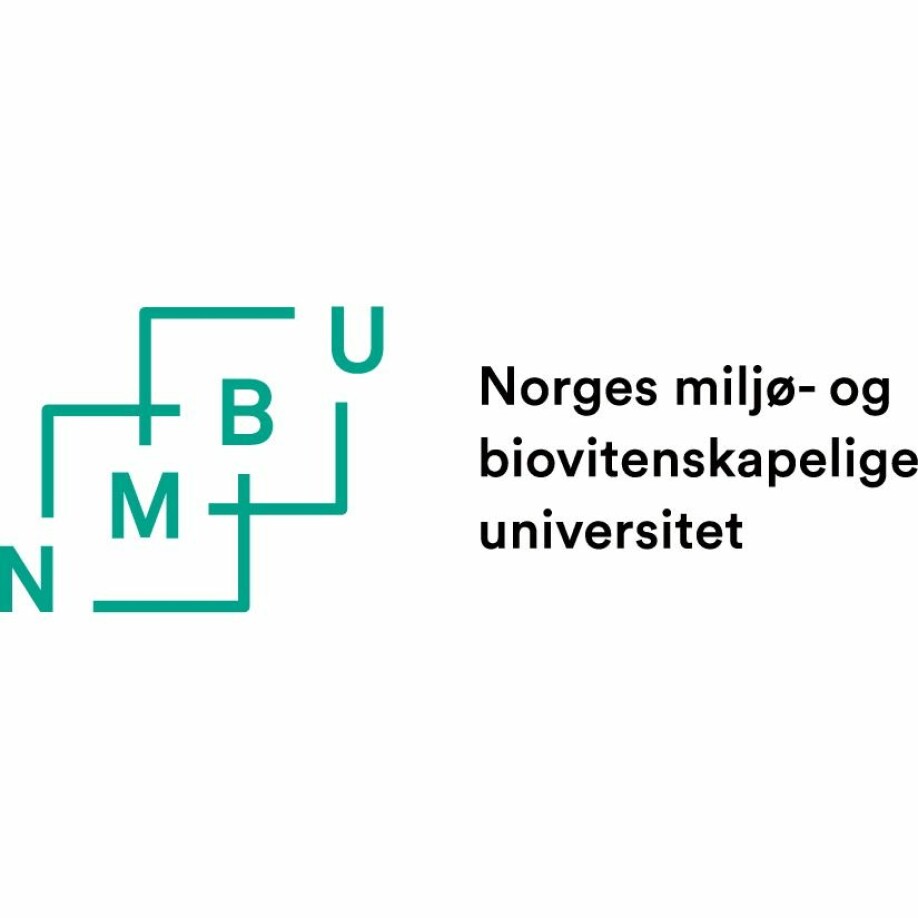Stilling:
Postdoctoral fellow within enzyme discovery and characterization
Application deadline: 10. February 2019

About the position
The Faculty of Chemistry, Biotechnology and Food Science (KBM) at the Norwegian University of Life Sciences (NMBU) has a vacant 2 year Post Doctoral position related to research on the lignocellulolytic enzymes of shipworms and their symbiotic bacteria. The person to be employed will be associated with the Protein Engineering and Proteomics group (PEP).
The shipworm is an intriguing marine animal that lives solely on the wood it finds in the sea: By making tunnels in woody material, such as drift wood or woody pier structures, it literally eats its way around. A fascinating property of the shipworm is that digestion of the wood is performed through symbiosis with bacteria that are hosted in the shipworm gills. Cellulolytic enzymes secreted by the bacteria are transported to the gut where they convert the lignocellulose to soluble sugars that are taken up by the host. It is like a miniature biorefinery in nature.
The current position is part of the MetaMine project, led by UiT The Arctic University of Norway, where pioneering work on shipworms has been going on for years. MetaMine is an ERA-Marine Biotechnology (ERA-MBT) project with project partners from Norway, Germany, Romania and the Azores. In a combined effort, we will sample shipworms from all over Europe and perform metagenomics, proteomics, enzyme discovery and enzyme characterization to learn more about shipworm ecology and identify new enzymes for lignocellulose degradation. The person to be employed will be mostly involved in and performing proteomic studies of the shipworm digestion system and in selection, cloning and characterization of enzymes. Little is known about these enzymes and our discoveries may help improve enzyme technology in modern biorefineries. The PEP group is world-leading in the field of biomass enzymology. Project leader: Prof. Gustav Vaaje-Kolstad.
Main tasks
- Perform proteomics on shipworm gut samples and analyze obtained data
- Clone, express, purify and characterize novel enzymes active on lignocellulose
- Write scientific papers
Project start up: April 2019 or earlier.
Read more about the MetaMine project here:
Acdemic Qualifications
The main purpose of the post-doctoral position is to qualify for work in high-level scientific positions. A PhD degree is required.
Required Academic qualifications
- A PhD degree within the fields of biochemistry, proteomics, molecular biology or similar.
- Good scientific performance, documented by high quality scientific publications, including multiple first-authorships.
Strongly desired Academic qualifications
- Expertise in proteomics and analysis of proteomic data
- Experience with gene cloning, protein expression and protein purification
- Experience in enzyme characterization
Desired Academic qualifications
- Experience with cellulases and other cellulose degrading enzymes
- Experience with bioanalytical chromatography
We are looking for a person who is/has:
- Hard-working, ambitious and accurate
- Creative and independent
- Proficiency in both spoken and written English
- Good social and collaborative skills.
Remuneration and information
The position is placed in government pay scale position code 1352 Postdoctoral Fellow, wage framework 24 (salary grade 59-77) (NOK 515 200- 731 400), depending on qualifications. Seniority Promotion in position.
For further information, please contact:
- Professor Gustav Vaaje-Kolstad, E-mail: gustav.vaaje-kolstad@nmbu.no; phone +4767232573
Application
To apply online for this vacancy, please click on the 'Apply for this job' button above. This will route you to the University's Web Recruitment System, where you will need to register an account (if you have not already) and log in before completing the online application form.
Application deadline: 10. February 2019
Up to ten publications selected by the applicant as most relevant must be attached to the application. If it is difficult to identify the contribution of the applicant in multiple-author publications, a short explanation about the applicant’s part of the work is suggested. These publications should reflect the academic qualifications asked for.
Printed material which cannot be sent electronically should be sent by surface mail to Norwegian University of Life Sciences, Faculty of Chemistry, Biotechnology and Food Science, P.O. Box 5003, NO-1432 Ås, within 10.02.2019. Please quote reference number 19/00223.






